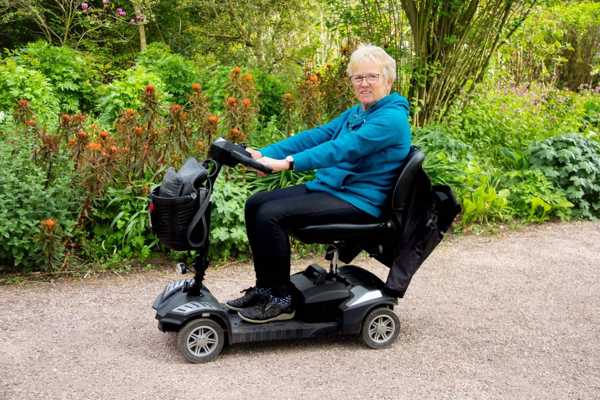How to Improve Sleep Quality: Tips for Restful Nights
Getting high-quality sleep is essential for physical health, mental well-being, and overall performance. If you find yourself tossing and turning at night, it’s time to adopt habits that promote better rest. Here are proven strategies to improve your sleep quality and wake up feeling refreshed.
Getting high-quality sleep is essential for physical health, mental well-being, and overall performance. If you find yourself tossing and turning at night, it’s time to adopt habits that promote better rest. Here are proven strategies to improve your sleep quality and wake up feeling refreshed.

1. Stick to a Consistent Sleep Schedule
- Why It Helps: Going to bed and waking up at the same time every day helps regulate your body’s internal clock.
- How to Do It:
- oSet a fixed bedtime and wake-up time, even on weekends.
- oGradually adjust your schedule if you need to change it, shifting by 15 minutes each day.
2. Create a Relaxing Bedtime Routine
- Why It Helps: A calming pre-sleep ritual signals to your body that it’s time to wind down.
- Ideas for Your Routine:
- oRead a book, take a warm bath, or practice meditation.
- oAvoid stimulating activities like working or intense exercise close to bedtime.
3. Optimize Your Sleep Environment
- Why It Helps: A comfortable and distraction-free bedroom promotes deeper sleep.
- Tips for Improvement:
- oKeep the room dark with blackout curtains or an eye mask.
- oSet a comfortable temperature, ideally between 60-67°F (15-20°C).
- oUse a supportive mattress and pillow.
- oMinimize noise with earplugs or a white noise machine.
4. Limit Exposure to Blue Light in the Evening
- Why It Helps: Blue light from screens suppresses melatonin production, delaying sleep.
- How to Reduce Blue Light:
- oTurn off electronic devices at least an hour before bed.
- oUse blue light-blocking glasses or activate “night mode” on your devices.
- oConsider reading a physical book instead of using a tablet or phone.
5. Be Mindful of What You Eat and Drink
- Why It Helps: Certain foods and beverages can either support or disrupt sleep.
- Guidelines:
- oAvoid caffeine and nicotine in the afternoon and evening.
- oLimit heavy meals, spicy foods, and alcohol close to bedtime.
- oOpt for light snacks like a banana or yogurt if you’re hungry.
6. Stay Physically Active
- Why It Helps: Regular exercise improves sleep quality and reduces insomnia symptoms.
- How to Incorporate Exercise:
- oAim for at least 30 minutes of moderate activity daily.
- oAvoid vigorous exercise in the two hours before bed to prevent overstimulation.
7. Manage Stress and Anxiety
- Why It Helps: Reducing stress helps calm your mind, making it easier to fall asleep.
- Relaxation Techniques:
- oPractice mindfulness meditation or deep breathing exercises.
- oWrite down your thoughts or to-do list to clear your mind before bed.
- oConsider yoga or progressive muscle relaxation.
8. Limit Naps During the Day
- Why It Helps: Long or late naps can interfere with your ability to fall asleep at night.
- How to Nap Smartly:
- oKeep naps under 20-30 minutes.
- oNap earlier in the day, ideally before 3 PM.
9. Use Your Bed Only for Sleep and Relaxation
- Why It Helps: Associating your bed with rest reinforces healthy sleep habits.
- How to Apply This Rule:
- oAvoid working, watching TV, or scrolling on your phone in bed.
- oIf you can’t fall asleep within 20 minutes, get up and do something relaxing before trying again.
10. Seek Professional Help if Needed
- Why It Helps: Persistent sleep issues may indicate a sleep disorder like insomnia or sleep apnea.
- When to Consult a Specialist:
- oIf you experience chronic difficulty falling or staying asleep.
- oIf you feel excessively tired during the day despite adequate sleep.
Bonus: Natural Sleep Aids to Consider
- Melatonin Supplements: Useful for adjusting your sleep cycle, especially for jet lag or shift work.
- Herbal Teas: Chamomile, valerian root, and lavender tea promote relaxation.
- Essential Oils: Scents like lavender or eucalyptus can create a calming atmosphere.
By adopting these strategies, you can significantly improve your sleep quality and enjoy more restorative nights. Remember, better sleep doesn’t happen overnight, so be patient and consistent with your new habits.








